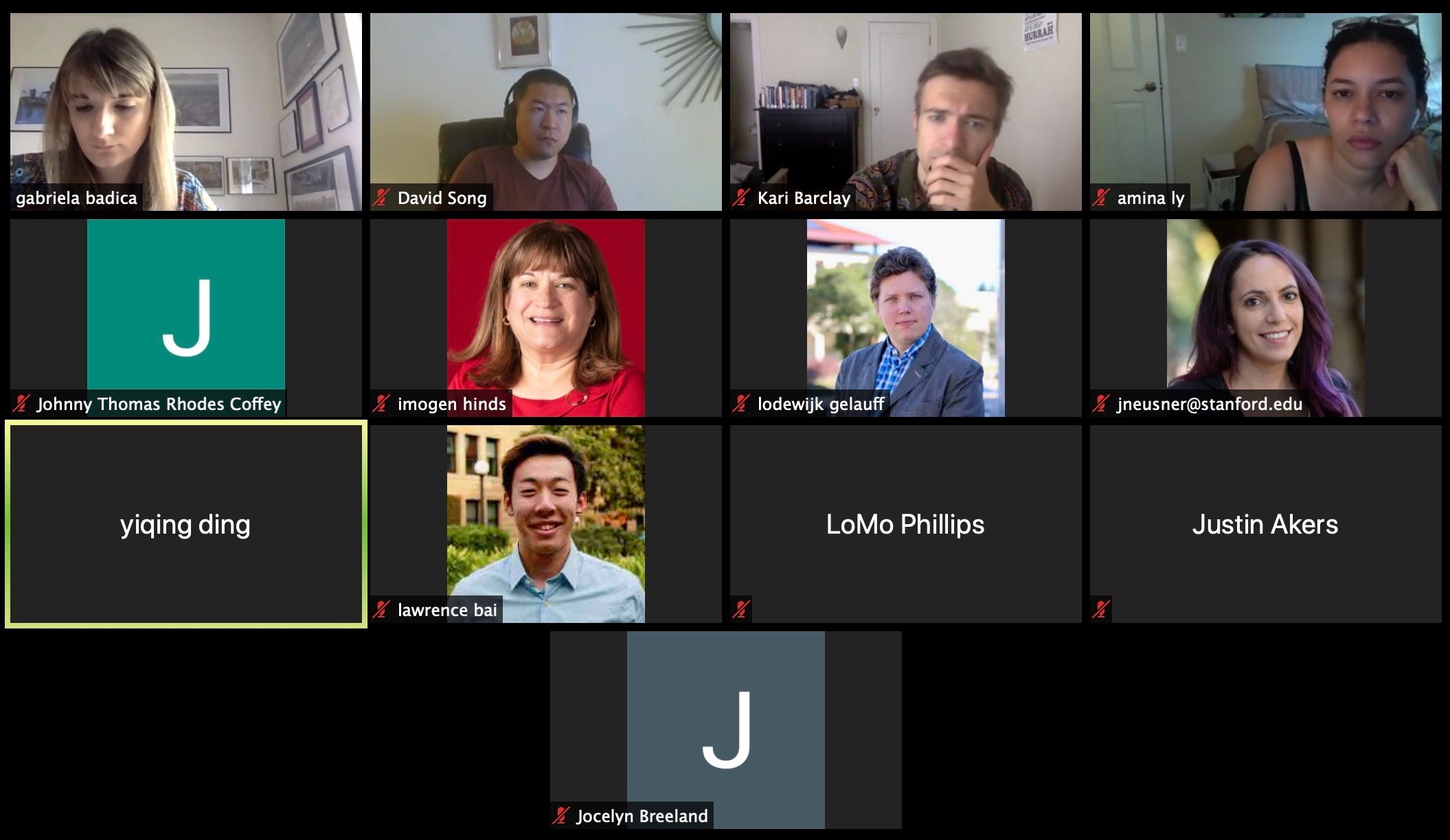The Graduate Student Council (GSC) discussed the impact of COVID-19 restrictions on graduate housing and academic grading for the upcoming school year in its weekly meeting on Wednesday.
After University leaders told students in a Tuesday email to prepare for an abnormal school year, GSC members discussed graduate student housing and living conditions.
Julia Neusner, a fourth-year J.D.-M.A. candidate on the GSC, asked Residential and Dining Enterprises (R&DE) representative Justin Akers if a portion of the graduate population would not be permitted to return to campus for fall quarter. Akers said housing changes would likely not affect graduate students.
“The concern with undergrads is dormitory living, and how that is not conducive to adequate social distancing,” Akers said. “But apartment living is, you’re an independent household, you have your own bathroom, your kitchen, it’s a contained unit.”
The GSC also discussed grading options for fall quarter, taking into account the possibility of remote learning and other restrictions.
“I think if nothing changes and we’re all working from home, you can’t give students letter grades if they don’t have the opportunities that they have on campus,” said Gabby Badica, a sixth-year languages and literature Ph.D. student.
Badica said challenges that students face due to COVID-19 will not be solved by fall quarter if remote learning continues.
Lodewijk Gelauft, a Ph.D. student in management science and engineering, said some faculty are opposed to the continuation of Satisfactory/No Credit (S/NC) grading. Despite the grading policy, faculty have been encouraged to track “shadow grades” — what students’ letter grades would have been in a letter-graded course — so students can request to have these disclosed in future applications.
“There seems to be quite a bit of pushback, from some faculty at least, to continue this [S/NC] policy in fall,” Gelauft said. “I hear something about how capstone projects are quite problematic in this case. I hear something about shadow grades that may or may not always work out.”
The GSC also discussed noise disruptions from the construction work at Escondido Village Graduate Residences (EVGR). Imogen Hinds, the head of R&DE Student Housing Operations, said R&DE is offering a form to students impacted by noise pollution from EVGR construction where students can request “respite spaces,” which are quiet rooms, for two-hour blocks.
“There was quite noisy work that was going to be taking place, so we wanted to make sure they [graduate students] have the opportunity to sign up,” Hinds said. “We had no idea how many students would be signing up.”
The GSC also discussed opening the housing lottery for graduate students for this fall.
“We are still working on the lottery timeline,” Akers said. “We are looking at next week to be able to open up the portal, start taking applications, and start taking renewals.”
Contact Lizzie Avila at eaavila ‘at’ stanford.edu.
